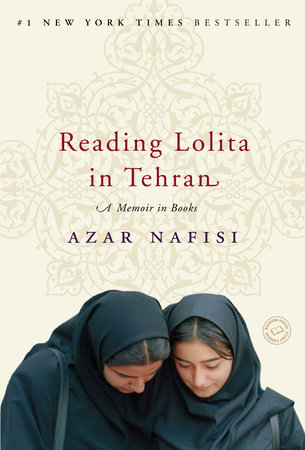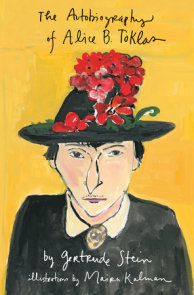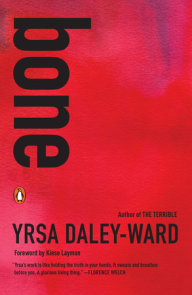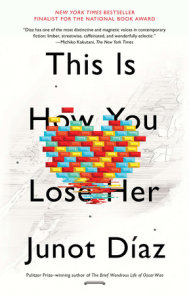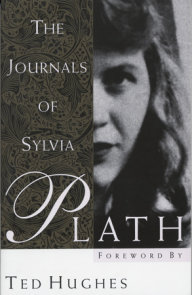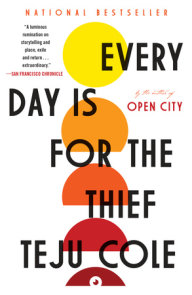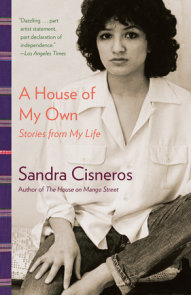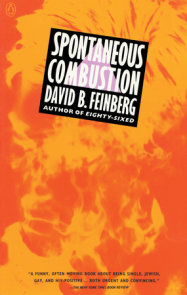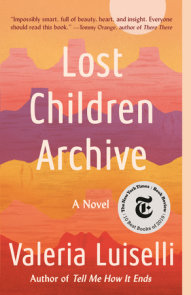READERS GUIDE
Questions and Topics for Discussion
1. On her first day teaching at the University of Tehran, Azar Nafisi began class with some questions: “What should fiction accomplish? Why should anyone read at all?” What are your answers to these questions? How does fiction force us to question what we often take for granted?
2. Yassi adores playing with words, particularly with Nabokov’s fanciful linguistic creation upsilamba (18). What does the word upsilamba mean to you?
3. In what ways had Ayatollah Khomeini “turned himself into a myth” for the people of Iran (246)? Discuss the recurrent theme of complicity in the book: the idea that the Ayatollah, the stern philosopher-king who limited freedoms and terrorized the innocent, “did to us what we allowed him to do” (28). To what extent are the supporters of a revolution responsible for its unintended results?
4. Compare attitudes toward the veil held by men, women and the government in the Islamic Republic of Iran. How was Nafisi’s grandmother’s choice to wear the chador marred by the political significance it had gained (192)? Also, describe Mahshid’s conflicted feelings as a Muslim who already observed the veil but who nevertheless objected to its political enforcement.
5. In discussing the frame story of the murderous king in A Thousand and One Nights, Nafisi mentions three types of women who fell victim to his unreasonable rule (19). What is the relevance of this story for the women in Nafisi’s private class?
6. Explain what Nafisi means when she calls herself and her beliefs increasingly “irrelevant” in the Islamic Republic of Iran. Compare her way of dealing with this irrelevance to the self-imposed exile of the man she calls her “magician.” What can people who “lose their place in the world” do to survive, both physically and creatively?
7. During the Gatsby trial, Zarrin charges Mr. Nyazi with the inability to “distinguish fiction from reality” (128). How does Mr. Nyazi’s conflation of the fictional and the real compare to the actions of the blind censor, who retains the authority to suppress performances when he cannot even see? Discuss the role of censorship in both authoritarian and democratic governments. Can you think of instances in the United States when art was censored for its “dangerous” impact upon society?
8. Nafisi writes: “It was not until I had reached home that I realized the true meaning of exile” (145). How do her conceptions of home conflict with those of her husband, Bijan, who is reluctant to leave Tehran? Also, compare Mahshid’s feeling that she “owes” something to Tehran to Mitra’s and Nassrin’s desires for freedom and escape. Discuss how the changing and often discordant influences of memory, family, safety, freedom, opportunity and duty define our sense of home and belonging.
9. Fanatics like Mr. Ghomi, Mr. Nyazi and Mr. Bahri consistently surprised Nafisi by displaying absolute hatred for Western literature—a reaction she describes as a “venom uncalled for in relation to works of fiction” (195). What are their motivations? Do you, like Nafisi, think that people like Mr. Ghomi attack because they are afraid of what they don’t understand? Why is ambiguity such a dangerous weapon to them?
10. The confiscation of one’s life by another is the root of Humbert’s sin in Lolita. Discuss how Khomeini likewise acted as a “solipsizer,” robbing individuals of their identities to promote total allegiance. What does Nafisi mean when she says that Sanaz, Nassrin, Azin and the rest of her girls are part of a “generation with no past” (76)?
11. Nafisi teaches that the novel is a sensual experience of another world, that it appeals to the reader’s capacity for compassion. Do you agree that “empathy is at the heart of the novel”? How has this book affected your understanding of the impact of the novel?
12. Nafisi’s account of life in the Islamic Republic transcends national and geographical boundaries. Discuss how the experience of censorship, fundamentalism and human rights, as well as the enjoyment of works of imagination and the desire for individual freedoms, may be similar in totalitarian societies and in democracies such as ours.
Suggested Reading
It is impossible to compose a reading list of all my favorite books, so I have listed only those that are pertinent to Reading Lolita– those works of fiction I referenced most while teaching English literature in Tehran. I have not included books I discuss in the text, otherwise they would have been part of this list.Jane Austen, Persuasion Saul Bellow, The Dean’s December; Herzog; More Die of Heartbreak Heinrich Bšll, The Clown Emily Bront‘, Wuthering Heights Mikhail Bulgakov, The Master and Margarita Italo Calvino, If on a Winter’s Night a Traveler Lewis Carroll, Alice’s Adventures in Wonderland Raymond Chandler, The Big Sleep Joseph Conrad, Under Western Eyes Diderot, Jacques Le Fataliste Henry Fielding, Tom Jones and Shamela Gustave Flaubert, Madame Bovary Sadeq Hedayat, Buf-e-Kur (The Blind Owl) Henry James, The Ambassadors Franz Kafka, The Trial and In the Penal Colony Herman Melville, The Confidence-Man Vladimir Nabokov, Pnin Iraj Pezeshkzad, My Uncle Napoleon Jean Rhys, Wide Sargasso Sea Scheherazade, A Thousand and One Nights Muriel Spark, Loitering with Intent and The Prime of Miss Jean Brodie Laurence Sterne, The Life and Opinions of Tristram Shandy, Gentleman Italo Svevo, Confessions of Zeno Mark Twain, Adventures of Huckleberry Finn Virginia Woolf, To the Lighthouse
– Azar Nafisi







